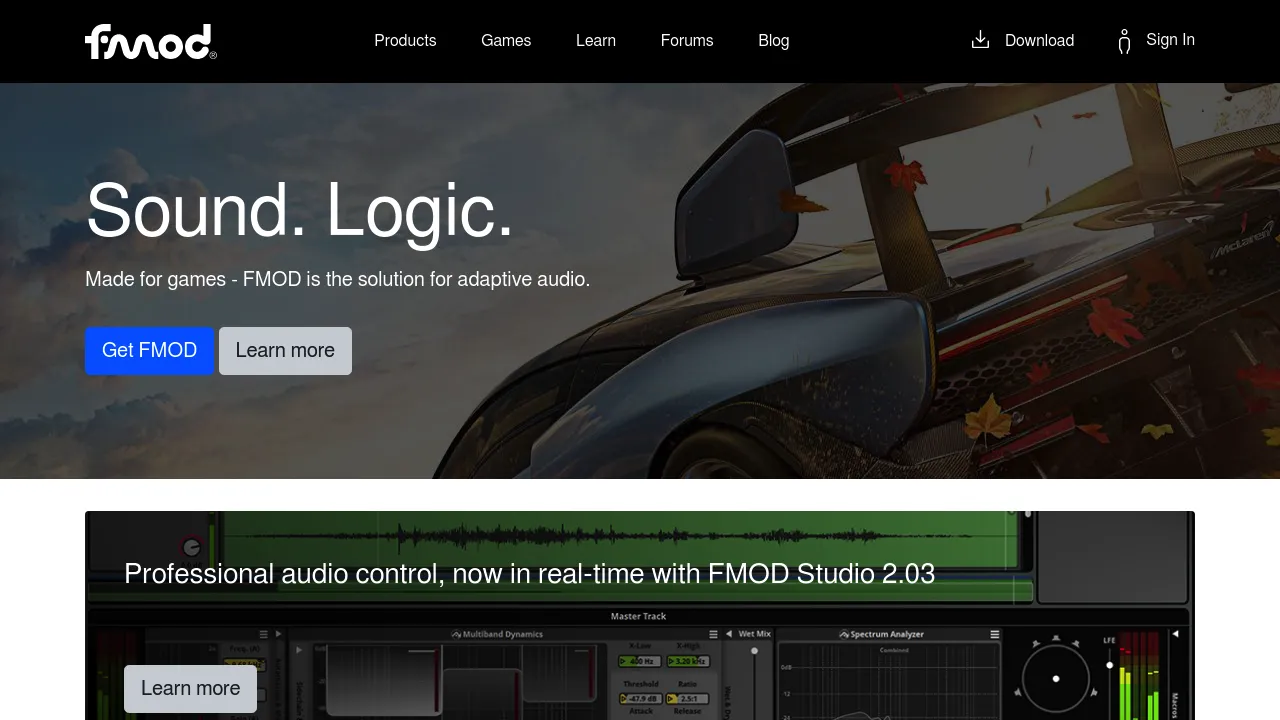Sound Design: Create complex audio behaviors and effects with an intuitive interface.
Interactive Music: Implement adaptive music that changes based on gameplay conditions.
Audio Engine Integration: Integrate seamlessly with popular game engines like Unity and Unreal Engine.
Platform Support: Deploy audio across various platforms, including PC, consoles, mobile, and VR.
Spatial Audio: Implement 3D audio positioning for immersive soundscapes.
Performance Optimization: Optimize audio performance to minimize impact on game resources.
Scripting and Automation: Use scripting to control audio events and parameters dynamically.
Collaboration Tools: Allow sound designers and developers to work together efficiently.
By utilizing FMOD, game developers can significantly enhance their game's audio quality, creating immersive and responsive sound environments that elevate gameplay.



